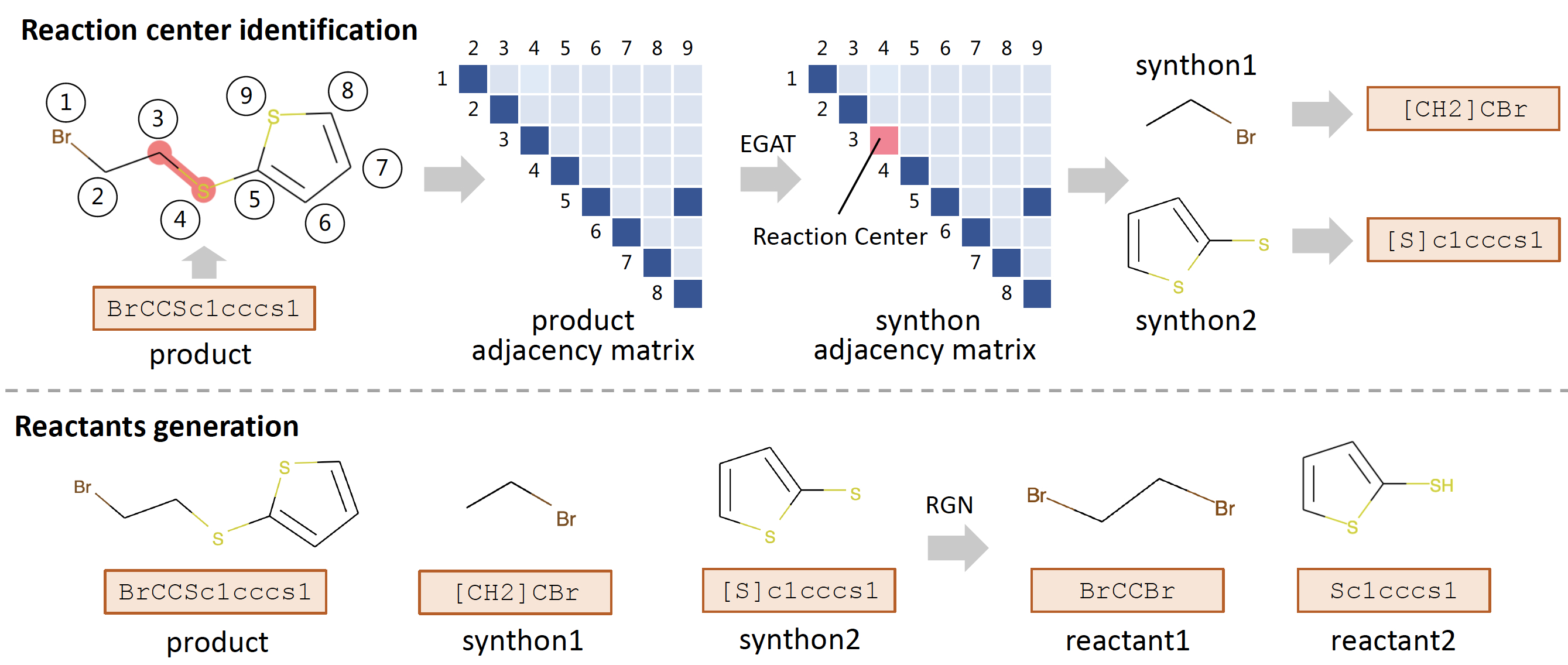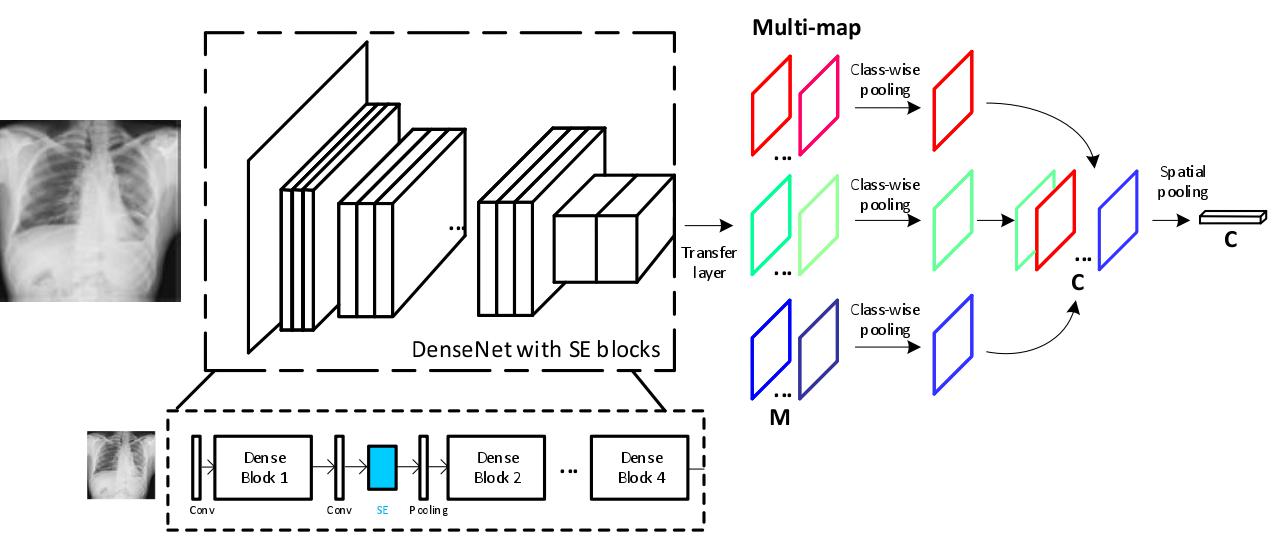About me

I am a software engineer at Google, working on Gemini multimodal understanding. Before LLM era, I developed deep learning models for computer vision tasks. Part of my previous work was open-sourced at TensorFlow Model Garden.
Previously, I was a Ph.D. student in Computer Science from 2017 tp 2022 at the University of Texas at Arlington, USA. I have received my Ph.D. degree in 2022. My supervisor is Dr. Junzhou Huang.
I received my master's degree from the Institute of Automation, Chinese Academy of Sciences(CASIA) in 2017. I worked on 3D computer vision for my master in Robot Vision Group, National Laboratory of Pattern Recognition(NLPR). In 2014, I got my bachelor's degree from the Huazhong University of Science and Technology(HUST).
Email: chaochao.yan at mavs.uta.edu

